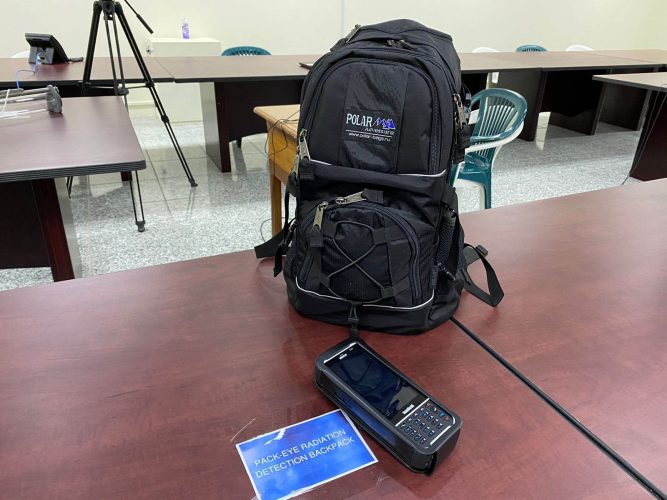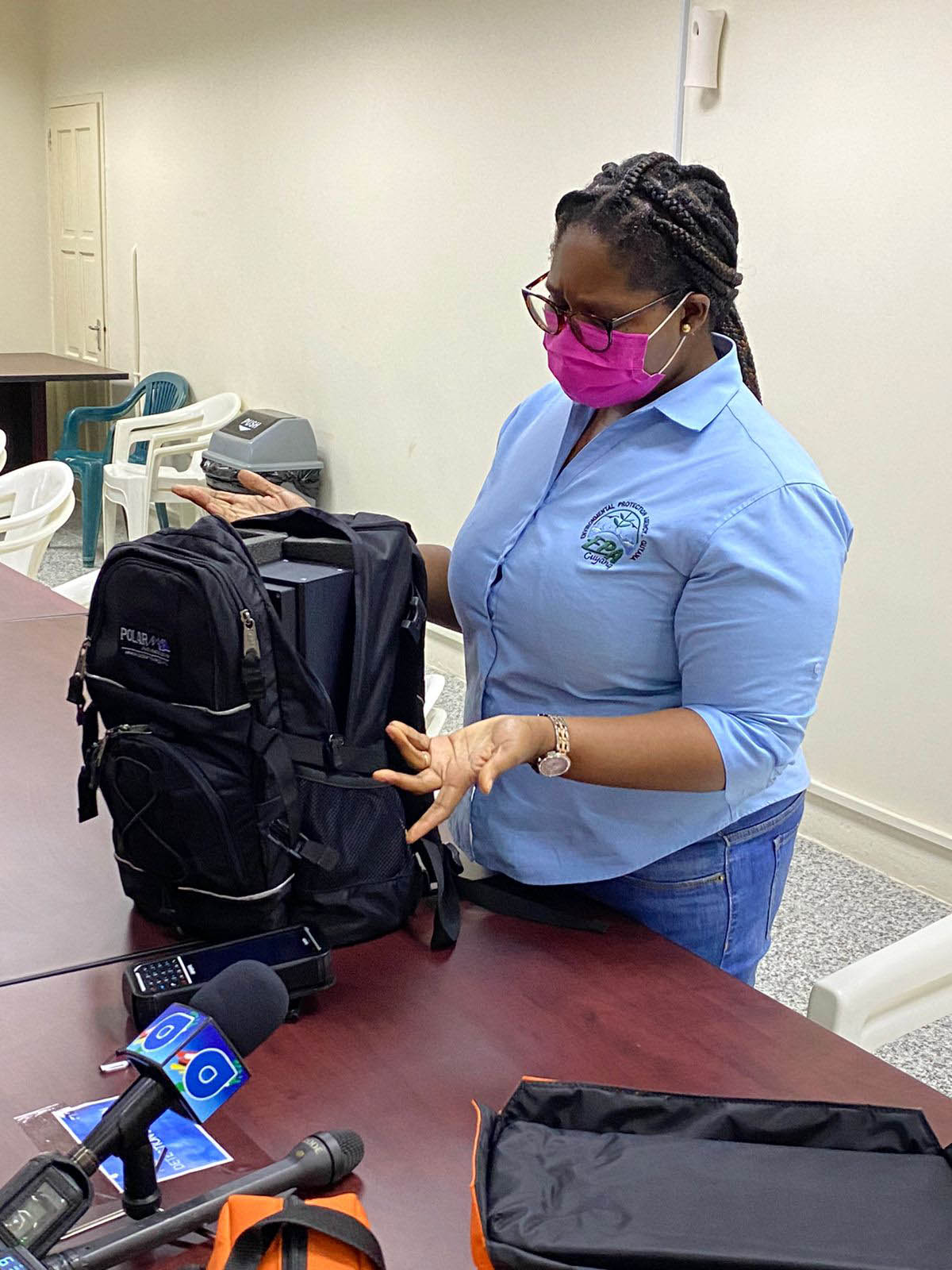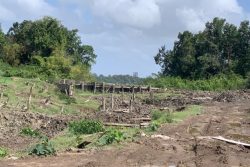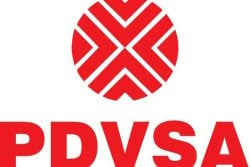As Guyana continues to develop its oil and gas sector, the Environmental Protection Agency (EPA) is reporting an influx in applications for the importation, storage and usage of radioactive materials.
During an exercise to showcase the agency’s new monitoring equipment, Environmental Officer in the Technical Services Department Gwenetta Fordyce told the media that a radiation detection backpack was acquired to ensure compliance.
“With the emerging oil and gas sector, the country has seen an influx of you know industrial activities as it relates to the use of industrial radiographers (and) radioactive sources. Quite a lot of companies, the supporting companies for the oil and gas sector, generally bring in radioactive materials to use…we’ve seen an influx of radioactive sources,” she said.

The Pack-Eye radiation detection backpack, estimated to cost around US$10,000, allows the EPA to monitor radiation levels the general public may be exposed to. Guyana, through the EPA, is a member of the International Atomic Energy Agency (IAEA) and the backpack was provided through the international agency.
“…We have received this backpack to aid in our regulatory infrastructure to ensure that we are capable of adhering or ensuring compliance or companies are adhering to international best practices to ensure compliance with radiation levels and it’s not necessarily causing harm to human health and the environment,” Fordyce explained.
She said that the backpack allows the EPA to determine the levels of radiation being emitted and what chemical source persons may be exposed to. Fordyce assured that the companies would undergo a rigorous application process before they are given the go-ahead to deal with radioactive materials. She added that most of the companies are international and have good mechanisms in place to handle the dangerous materials.
“Whilst these companies are required by law to submit an application before these (radioactive) sources actually enter the shores of Guyana, the Environmental Protection Agency, when the authorization application comes in, the general public has a say based on their levels of threat and the information that is put out there. So once a project comes in, the agency issues a public notice. So the information is out there as it relates to the companies and the use of the (radioactive) sources that are coming in,” she explained.
The environmental officer further related that the EPA would address the concerns raised by the public during the comments period before the companies are granted the approval to operate here. In addition to EPA approval, the companies would also have to seek permission from Customs for the importation and the Ministry of Public Works and Transport for the transportation of the radioactive materials.
“When they come in, they’re issued with environmental authorization or environmental permit. In the environmental permit, there are conditions that these companies must adhere to and once found, you know, not in compliance when we do our compliance checks then it’s an issue
“To date, let me just say, we have had no issue as it relates to noncompliance. These companies generally are compliant because they are coming from (the international market) and they have to comply with their regulations and standards before even coming into our country,” Fordyce related.
She told the media that the EPA adopted the International Atomic Energy Agency’s standards to deal with the radioactive materials and before companies are granted permission to handle them they must be knowledgeable of those standards.
While she was unable to provide the number of companies operating in Guyana that are authorized to handle radioactive materials, Fordyce said that they are all associated with offshore activities.
When asked about how the agency treats with radioactive waste, she said “So before even coming into the country, the agency requests a material safety agreement whereby the company has to demonstrate or they have to show in writing, legally, that these waste materials once the half-life would have expired it has to be returned to the manufacturer. If not the manufacturer, the company that it’s actually coming from because in country we do not have the capacity to deal with radioactive waste.
“So when the reporting requirements – whether it’s monthly (or) quarterly – they have to indicate to us in terms of how these radioactive materials are being decayed. Based on that information, we have an idea of how and when the sources will be depleted and when it needs to leave the shores of Guyana.”
The Pack-Eye radiation detection backpack was acquired about a year ago and to date, the EPA has only conducted radiation compliance checks at four storage facilities. The reason for the minimal checks is being attributed to the COVID-19 pandemic. Additionally, no offshore radiation tests were ever conducted by the Environmental Protection Agency.
The issue of radioactive materials and their effects on, not only human life but also the environment, has been a cause for concern for environmentalists. However, ExxonMobil had indicated that the use of radioactive materials in its operations here is done according to IAEA standards.
“All radioactive sources used for our operations are managed in accordance with environmental permits and strict safety standards such as those set out by the International Atomic Energy Agency…there is no treatment or disposal of radioactive sources in Guyana,” the company said in response to questions from Stabroek News last year.






